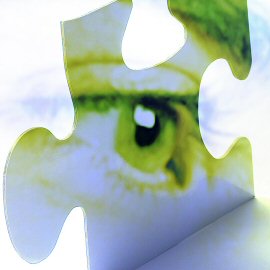
Neuroscientists at the University of Southern California have proposed a simple explanation for the pleasure of grasping a new concept: The brain is getting its fix. According to researcher Irving Biederman, the “click” of comprehension triggers a biochemical cascade that rewards the brain with a shot of natural opium-like substances.
Writing in American Scientist, Biederman suggests that in seeking knowledge, scholars are almost like junkies. “While you’re trying to understand a difficult theorem, it’s not fun,” said Biederman, a professor of neuroscience. “But once you get it, you just feel fabulous.”
Interestingly, Biederman says the brain’s craving for a fix motivates humans to maximize the rate at which they absorb knowledge. He hypothesized that knowledge addiction has strong evolutionary value because mate selection correlates closely with perceived intelligence. Only more pressing material needs, such as hunger, can suspend the quest for knowledge, he added. And apparently, the same mechanism may be involved in the aesthetic experience, providing a neurological explanation for the pleasure we derive from art.
To test his theory Biederman used magnetic resonance imaging on human volunteers who were exposed to a wide variety of images. The research group found that strongly preferred images prompted the greatest MRI activity in more complex areas of the ventral visual pathway. The researchers also found that repeated viewing of an attractive image lessened both the rating of pleasure and the activity in the opioid-rich areas. In his article, he explains this familiar experience with a neural-network model termed “competitive learning.”
In competitive learning (also known as “Neural Darwinism”), the first presentation of an image activates many neurons, some strongly and a greater number only weakly. With repetition of the image, the connections to the strongly activated neurons grow in strength. But the strongly activated neurons inhibit their weakly activated neighbors, causing a net reduction in activity. This reduction in activity, Biederman’s research shows, parallels the decline in the pleasure felt during repeated viewing.
“One advantage of competitive learning is that the inhibited neurons are now free to code for other stimulus patterns,” Biederman explained. This preference for novel concepts also has evolutionary value, he added. “The system is essentially designed to maximize the rate at which you acquire new but interpretable [understandable] information. Once you have acquired the information, you best spend your time learning something else. There’s this incredible selectivity that we show in real time. Without thinking about it, we pick out experiences that are richly interpretable but novel.”

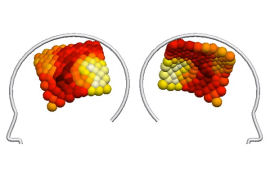

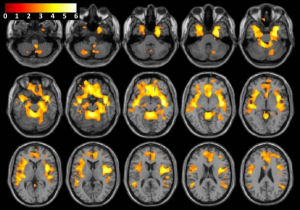
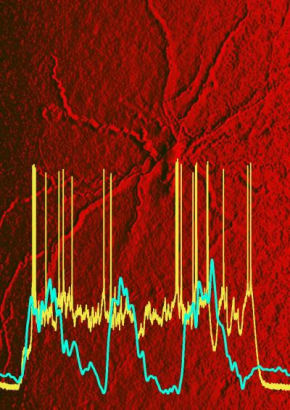






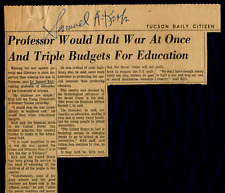



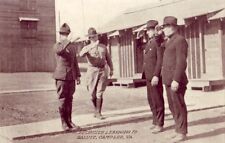


Comments are closed.